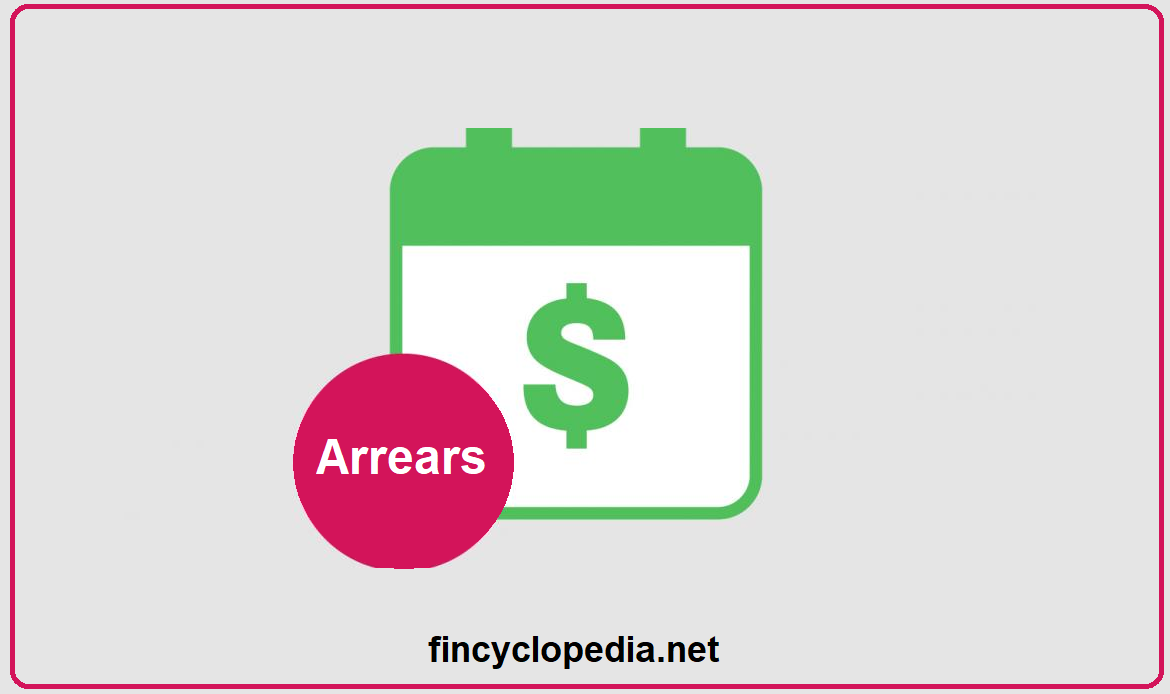A debt security, usually a bond, that issued by a government-sponsored agency (government-sponsored enterprise, GSE) or federal budget agency (in the United States). The offerings of such securities are backed but not guaranteed by the government. The main purpose of agency debts is to finance activities aiming to serve the public, such as increasing home ownership or supporting specific economic sectors (e.g., agricultural produce, etc.)
Agency debts are issued in a variety of features (structures, coupon rates and maturities). In terms of structure, most agency debts are non-callable or bullet bonds. By nature, agency debts are affected by changes in interest rates—when interest rates increase, agency debt prices decrease and vice versa. In terms of coupon rates, most agency debts bear a fixed rate of interest or fixed coupon rate, mainly on a semi-annual basis. However, variable or floating coupon rate agency debts have interest rates that adjust periodically, usually pegged to an index (Treasury bond yields or LIBOR).
The so-called no-coupon agency notes or “discos” are discount notes that bear no coupon (issued only at a discount). These notes are designed to meet short-term financing needs and are issued at a discount to par value. There are also callable agency debts that bear “step up” coupon rates, adjusting for increases in interest rates or coupon rate as the instrument edges closer to maturity (potentially minimizing the interest rate risk for holders with the passage of time).
Agency debt is also known as an agency bond or agency security.






